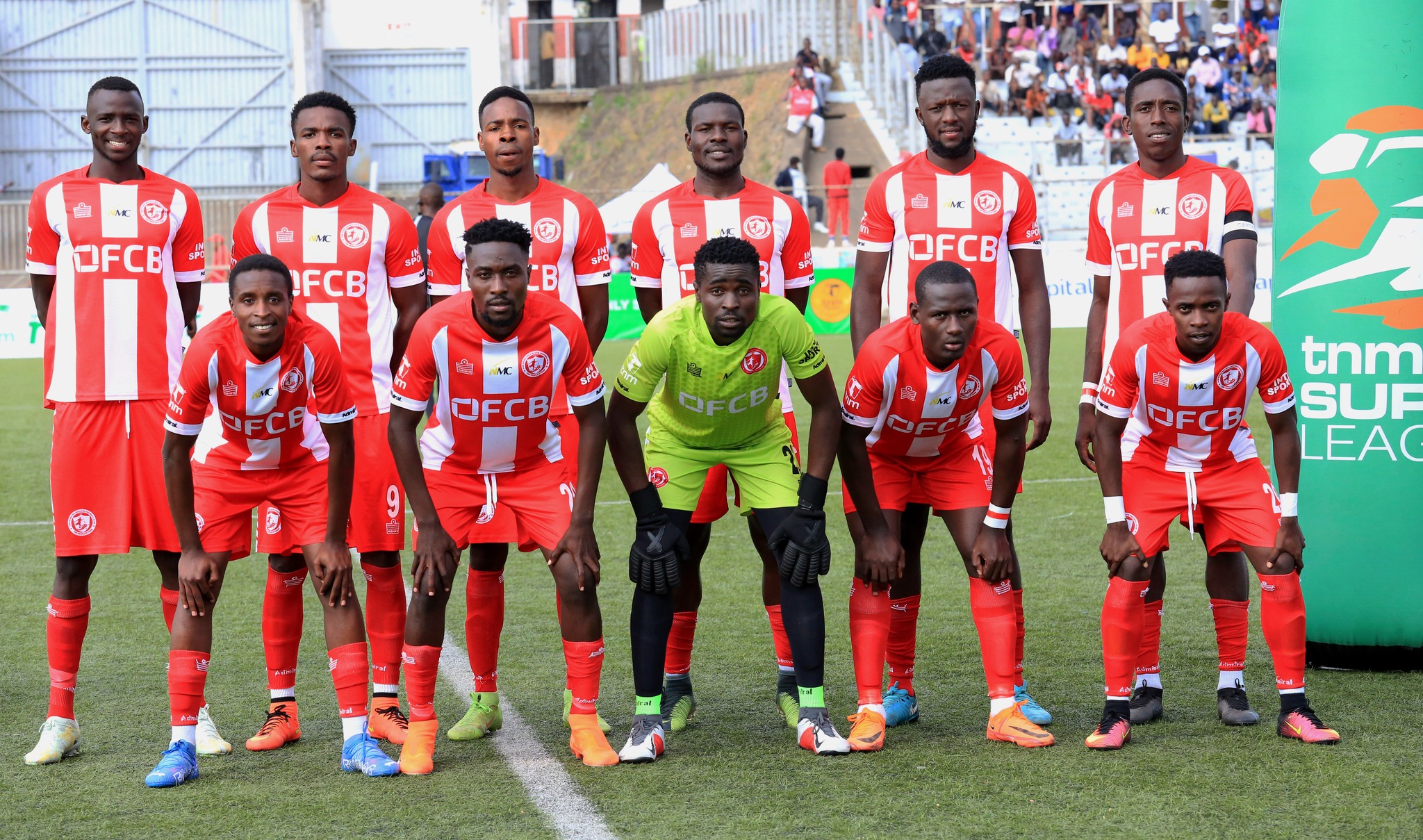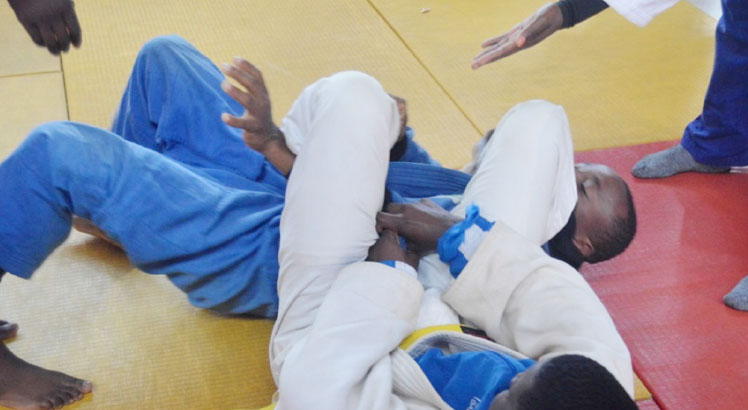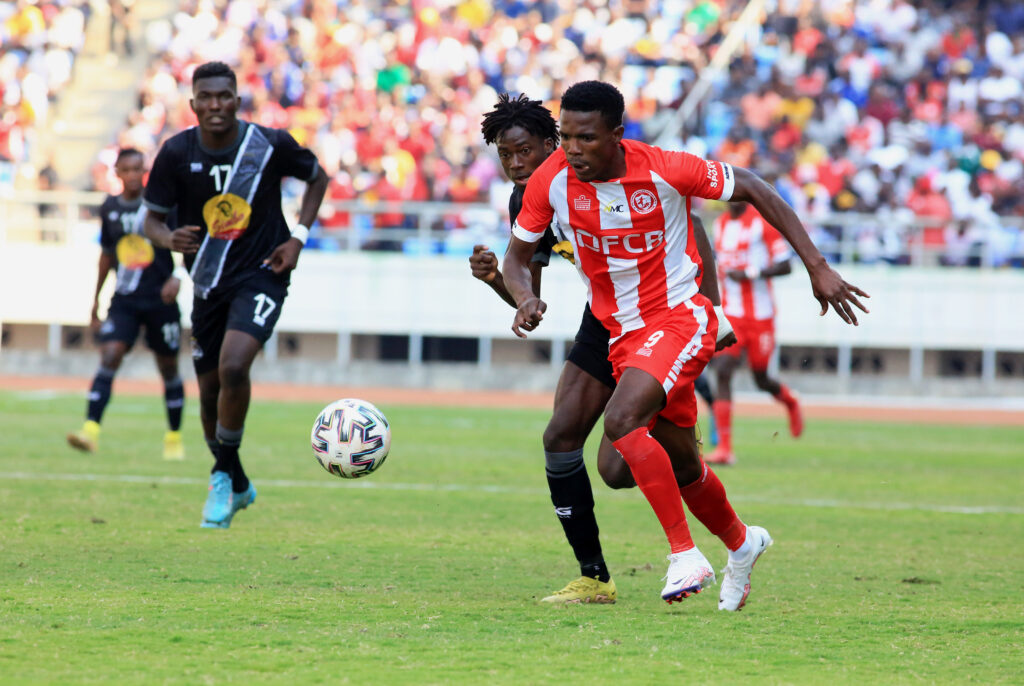The year that sunk Malawi boxing

Stakeholders have described 2013 as a year boxing took a downward turn.
Previously, boxers could earn as much as K400 000 (about $1 000) in prize money, but this year the biggest prize was K200 000 (about $500).
A non-tile fight between Osgood Kayuni and Wilson Masamba sponsored by Mulanje Last Boxing Promotions saw the winner pocket K400 000 in 2011.
Boxers confessed to The Nation that some promoters paid out the prize of K100 000 (about $250) in five instalments.
This year, the highest paid local fight was between Mike Mwenda and Mussa Mkwanda sponsored by New Dawn Boxing Promotions. Mwenda, who defended his title, received K200 000 soon after the fight.
“We could sign a contract of say K100 000 [$250], but at the end of the fight you will be given K40 000 [$100] and be promised the rest the next day only to take three or four months of struggling for you to get your full prize money,” bemoaned Osgood Kayuni.
“What we discovered is that most promoters depend on the gate collections to pay the boxers. When it happens that there is poor attendance, it will mean months before they can pay the boxer,” he said.
Chrispin Moliati claimed that he recently used threats to get his money from one of the promoters.
“This promoter was really a trickster. After the fight, he gave me just a quarter of what we had signed for and promised to give me the rest the following day after a bank transaction. The next day, he switched off his phones and started avoiding me. I ended up getting my money after three months,” said Moliati.
Middleweight boxer Chimwemwe Chiotcha, who had a similar experience, said the trend discourages boxers.
“It is more painful for boxers who are not working and have no other source of income. For me and other boxers in the MDF, it is a bit bearable since we get a salary, but it is bad for our friends,” said Chiotcha.
Gomez Boxing Promotions director Gomezgani Mwandira said boxing promotion is not sustainable without the support of the corporate world.
“Next year, the focus should be on convincing companies to invest in boxing. In that way, wages for our boxers can increase,” said Mwandira.
Just like in football, boxing has also experienced some biased officiation during the year. Judges and referees have been blamed for spoiling some bouts.
A good example was the title fight between Malani Kayuni and Moliati where even after it was clear that Malani had fought well, the referee gave the fight to Moliati.
He actually ruled it as no contest and the decision triggered some ugly scenes.
Moliati went on to win the rematch.
“That was a great shame to boxing. How can we expect boxing to grow with such kind of officiation? It was a recipe for disaster. People were angry because they felt cheated,” said renowned boxing trainer, retired Lieutenant Colonel Godfrey Jalare. He urged boxing authorities to get rid of such unprofessional conduct.
The year also saw our boxers failing to make it during international fights.
Among others, Kayuni, Charles Misanjo, John Masamba and Agnes Mtimaukanena suffered defeats.
Kayuni blamed the trend on biased officiation.
“When you are fighting in another country, it is important to win through a knockout because without that, the judges will favour their boxer. That is what I have experienced,” he said.
But Malawi Professional Boxing Control Board president Lonzoe Zimba attributed the losses to lack of boxers’ fitness.
“I could say our boxers lack fitness. They get tired quickly. We need to work on fitness. We also need trainers who are conversant with current boxing trends,” said Zimba.
Zimbabwean boxer Takudzwa Kumchocha concurred with Zimba on fitness.
“These people need to spend much time in the gym for endurance. They need massive conditioning. In Zimbabwe, most boxers spend their time in the gym, keeping fit,” said Kumchocha.





